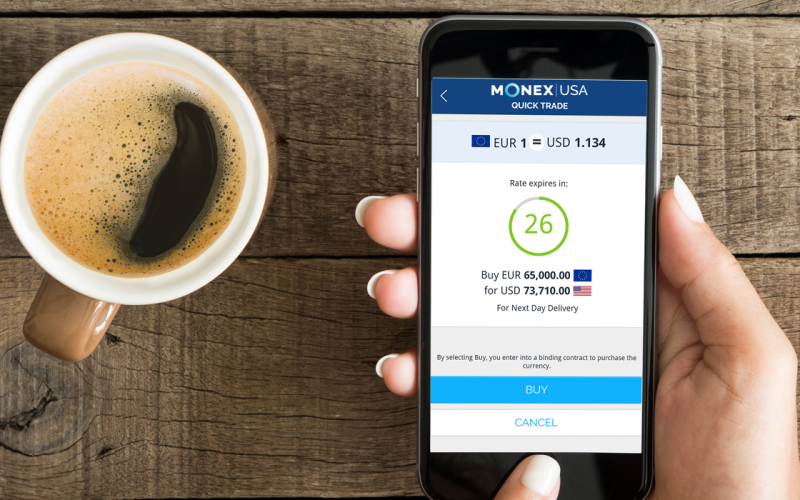After gaining over the past six sessions, the U.S. dollar retreated slightly overnight.
USD
Currency markets, in general, seem to be taking a breather before a slew of central bank meetings slated for later this week. The Federal Reserve is all but guaranteed to raise interest rates by 25 basis points tomorrow afternoon. While the move is already priced-in to current levels, the Fed’s outlook on inflation and economic growth could move markets. In addition, outgoing Federal Reserve President Janet Yellen will hold a press conference after the rate decision.
This morning’s data was unable to spark any volatility. U.S. wholesale prices rose slightly more than forecast in November, according to the Labor Department. The Producer price index rose 0.4% for a third straight month. PPI advanced 3.1% from a year earlier, the most since early 2012. The consumer price index will cross the wires tomorrow. Increasing price pressures will justify the Fed’s move to hike rates tomorrow. If the trend continues, we can expect more rate hikes in 2018.
EUR
The common currency was again fairly quiet overnight. Limited economic data released in the EU has led the EUR/USD to settle into tight ranges. The exception would be the release of this morning’s German ZEW economic confidence report. The sentiment slowed to 17.4, missing expectations of 17.9. The Euro shrugged off the weak print. The European Central Bank will meet on Thursday but is widely expected to keep policy on hold.
GBP
The British pound experienced some whiplash in overnight trading, seesawing between gains and losses following the release of U.K. inflation data. U.K. inflation surged to its highest rate in nearly six years in November. Consumer prices rose 3.1% from a year earlier, forcing Bank of England Governor Mark Carney to write a letter to the Chancellor of the Exchequer Phillip Hammond explaining why inflation is more than 1% point away from the official 2% target. Carney is likely to (rightly) blame the weaker pound since Brexit for the uptick in inflation. The weaker sterling has pushed up import prices, eroding the standards for British workers as wages have been mostly stagnant.



